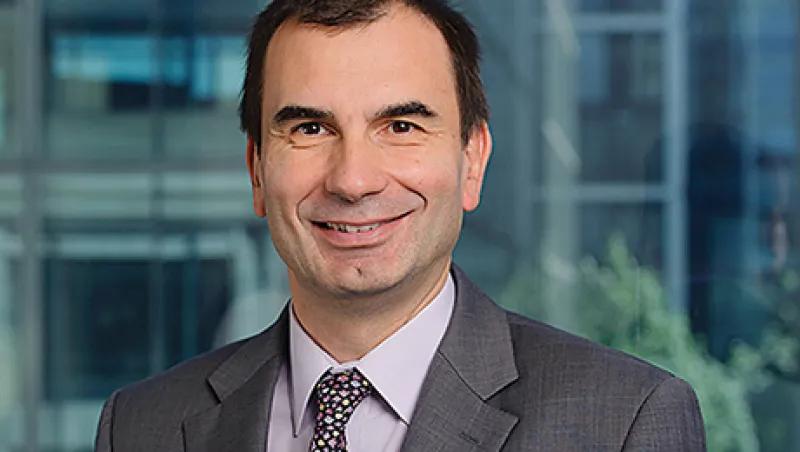
EBRD, at 25, Targets New Markets and Green Investment Goals
Its work in Eastern Europe largely done, the development bank focuses on CIS, North Africa and Greece with one third of its projects consisting of low-carbon initiatives, says policy head Alain Pilloux.
Craig Mellow
April 25, 2016


